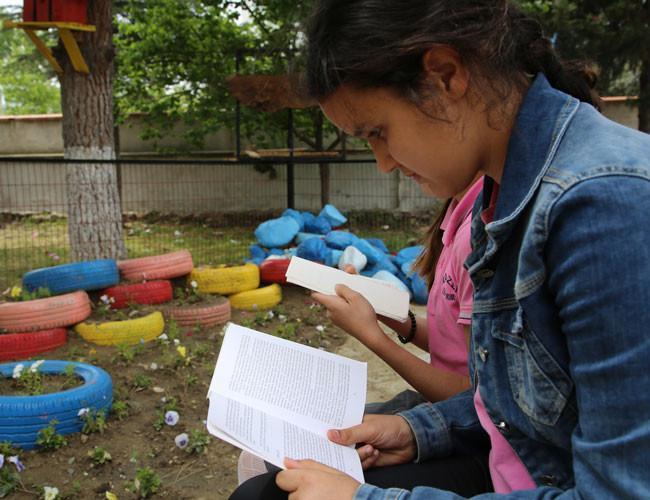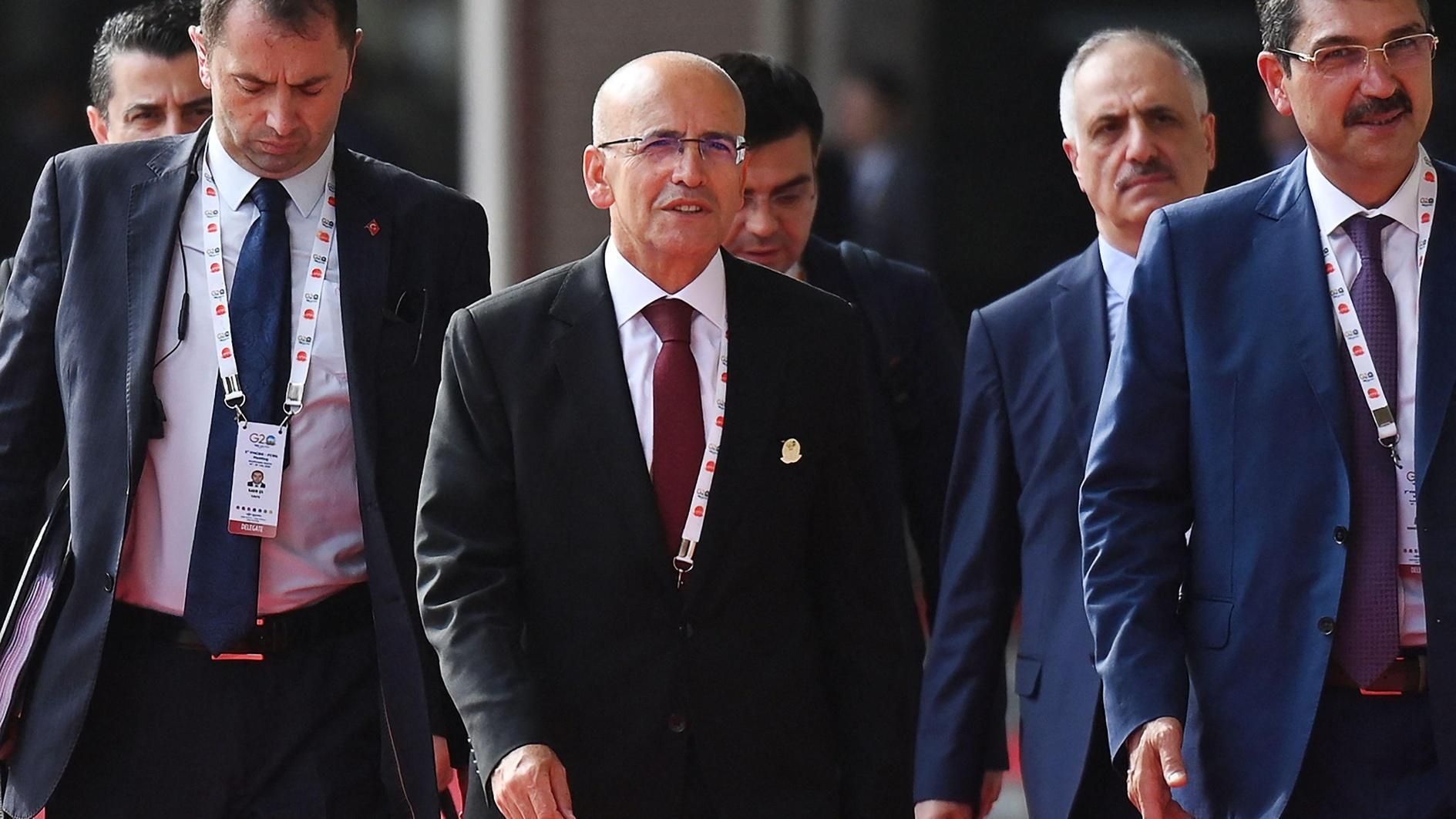Book readers constitute 10 percent of Turkish population: Study
LUXEMBOURG

Ten percent of the Turkish population regard reading books as one of the main activities they spend time on, a fresh study has found.
On average, the time spent on reading books in Turkey was calculated as seven minutes per day, according to European Statistical Institute (Eurostat) data released on April 23 to mark World Book and Copyright Day.
The survey was carried out in 15 of 28 European Union countries along with Turkey, Norway and Serbia between 2008 and 2015.
Finns atop list
In Finland, 16.8 percent of the population surveyed recorded reading books as one of their main activities. The country was followed by Poland with 16.4 percent, Estonia with 15.0 percent, and Greece and Luxembourg both with 11.9 percent.
The countries with the lowest share of reading books were France with 2.6 percent, Romania with 6.2 percent, Austria with 7.2 percent and Belgium with 7.9 percent.
In terms of time spent on reading books per day, Estonians ranked first with 13 minutes. Hungarians followed with 10 minutes per day, and Greeks followed with nine minutes.
Turkish book readers on average spent seven minutes a day reading, along with Germans and Luxembourgers.
The average time spent reading books is only two minutes in France, five minutes in Italy, Austria and Romania, and six minutes in Spain, the Netherlands, the United Kingdom and Belgium.
Europeans spend 200 euros annually
In 2016, households in the EU spent over 90 billion euros, or 1.1 percent of their total consumption expenditure, on books, newspapers and stationery. This represents 0.6 percent of the EU’s GDP, or about 200 euros per EU inhabitant.
Annually, households spend double the amount on books, newspapers and stationery than they would spend on package holidays. On the other hand, households’ expenditure on these items was less than half of the money they spent on recreational and cultural services.
















